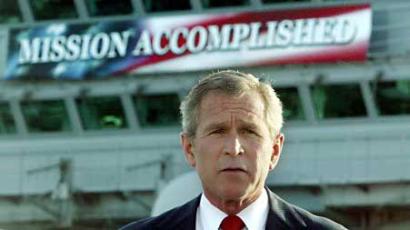We've lost four of our last five wars, despite being the superpower. Dominic Tierney explains why this happens
By Michael Schulson
Dominic Tierney’s new book, “The Right Way to Lose a War,” begins with a depressing premise: the United States will probably lose again. “We live in an age of unwinnable wars, where decisive triumph has proved to be a pipe dream,” he writes. For Tierney, a professor at Swarthmore College and a contributing editor at The Atlantic, the solution is not just to prepare to win wars. It’s to develop clearer plans for how to cut our losses and run when the situation demands it, instead of becoming bogged down in a protracted, fruitless conflict.
In our era of ambiguous, stateless wars, Tierney argues, “losing the right way is a victory.” He argues that the military needs to be ready to surge (adding more troops, briefly), talk (spin the narrative) and then leave (before it’s too late). The strategy, Tierney suggests, is less about pride, and more about pragmatism—and saving lives.
Over the phone, Tierney spoke with Salon about ISIS, nation-building and why the military destroyed all its counterinsurgency notes after the Vietnam War.
You’re talking about losing wars. I’m an American. Why does this make me feel so uncomfortable?
American culture is very much a victory culture, a culture of competition and winning. The notion of cutting losses or dealing with an unwinnable situation might seem vaguely unsettling and un-American. But the reality is that four out of five wars that the U.S. has fought in recent decades have become unwinnable. Although it might make us uncomfortable, I think it’s necessary for us to think seriously about the question.
For more on the subject, see America's Cultural Mindset.


No comments:
Post a Comment